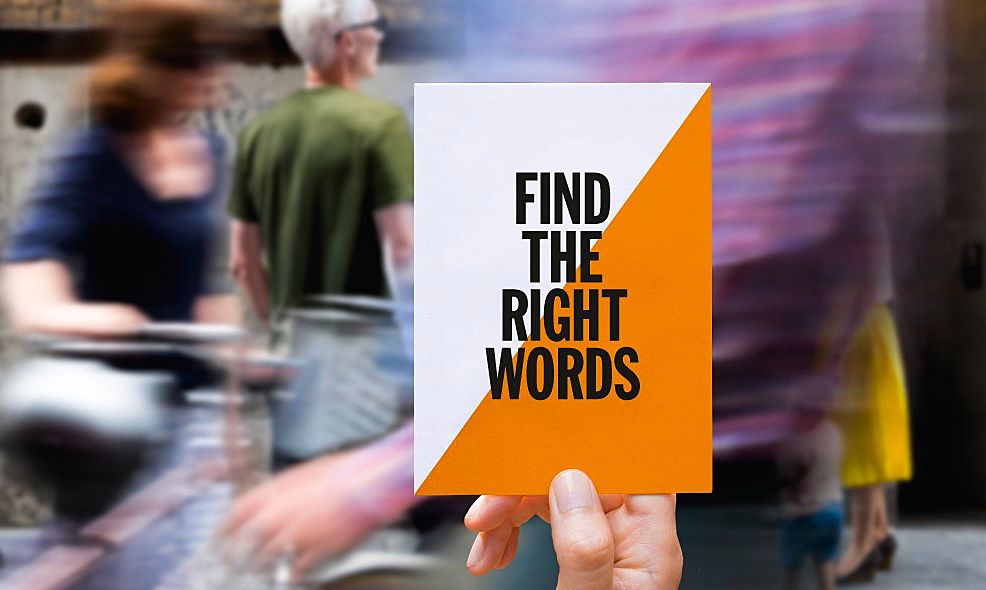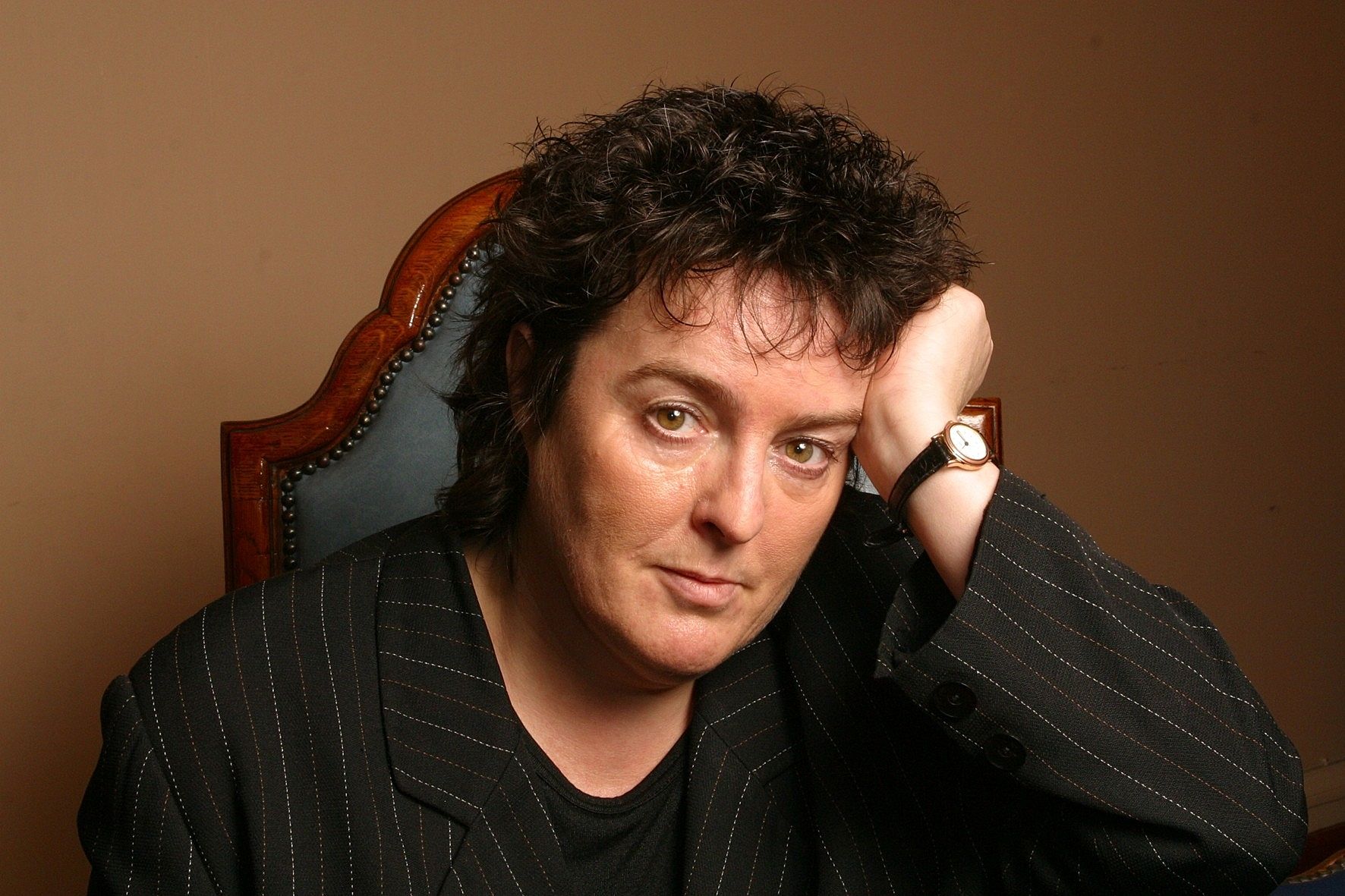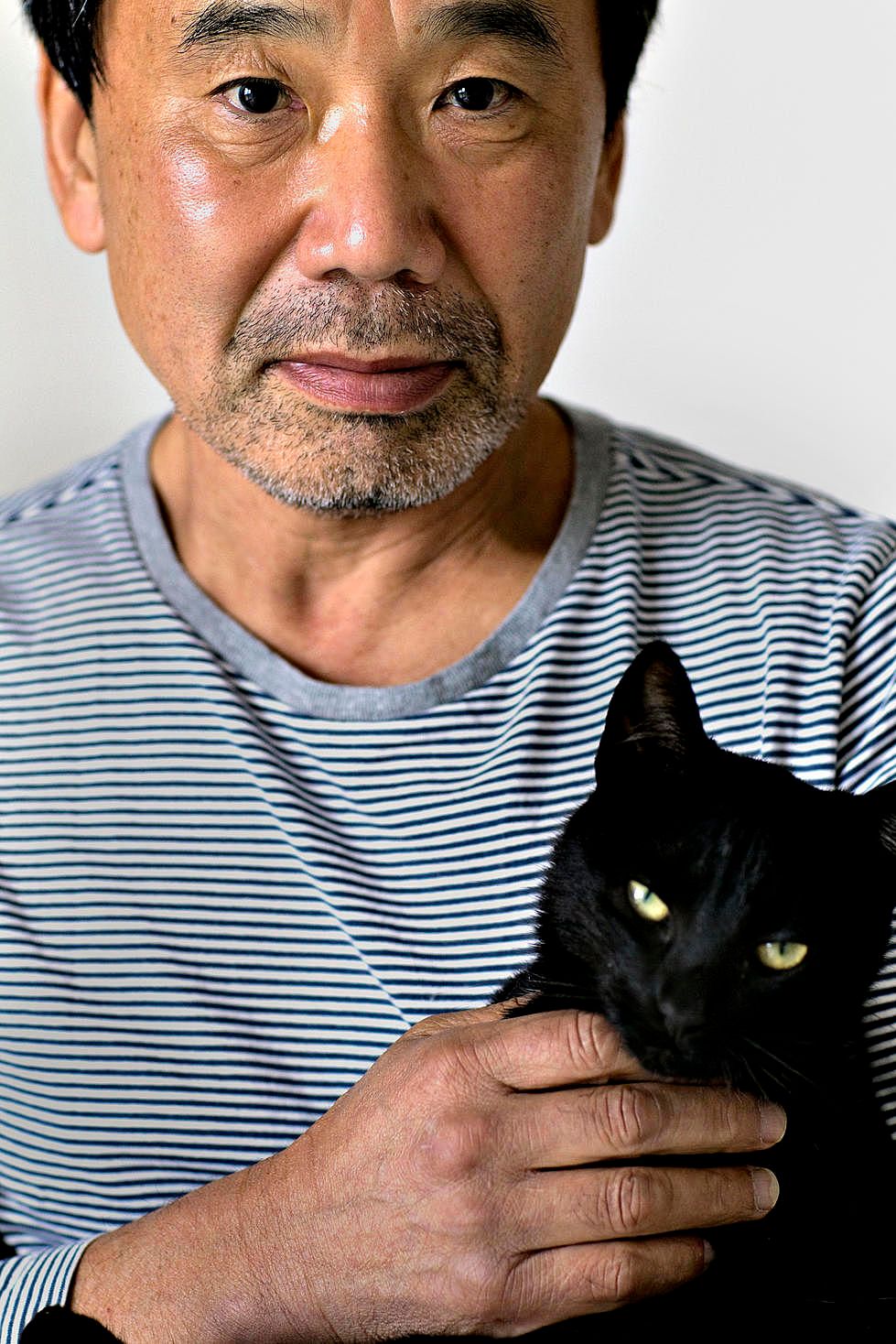Writers Festival Roundup - The Read, The Writ and The Worthy
Philip McSweeney, Annaleese Jochems and Kirsti Whalen reflect on the weekend's literary festivities.
Philip McSweeney, Festival Attendee
On Saturday, I had acquired enough of a quiet accord with David Mitchell that he offered me a “sup” nod of recognition when we passed each other, post-Murakami.
The next day, we had clearly developed enough of an affinity for him to feel comfortable offering me personal advice. He put it delicately and kindly: “You smoke!? You bloody idiot. The tobacco industry are laughing while you pay them money to kill you. Hear that ‘ha ha ha’? That's the tobacco industry scoffing.”
I can only assume that soon, we will have reached a level of intimacy that will put me on the Christmas card list.
Other than this, I feel like any attempt to chronologise the events of Auckland Writers Festival would do my whirlwind of an experience a great injustice. Suffice to say no-one asked any academic or narratological questions. This being a writer's festival, invoking “The Death of the Author” publically would have been akin to asking an Alcoholics Anonymous convening for tips on single-malts. Each time the floor was opened to the audience it was relinquished with a tacit understanding: “whatever you do, don’t mention post-structuralism.”
Despite this absence, the festival proved illuminating and invigorating as attendees were offered different – sometimes antithetical – approaches towards writing, and were told of the strenuous negotiations, revisions, experiments and research that were required to complete a novel (this even before finding a willing publisher.)
Highlights included queuing for coffee behind British poet laureate Carol Ann Duffy. She ordered a piccolo. As someone learning the art of espresso, it marked the first time she made me shed a tear that weekend. The second was during a recitation of her poem Premonitions, an elegiac ode-cum-love-letter to the poet’s late mother. As she enunciated 'there you were / a glass of lemony wine in each hand / walking towards me always... / How you talked! And how / I listened..' I turned to my companion and saw that both of our eyes were wet.
While John Campbell served as an excellent chair opposite Duffy, this was not always the case. Poor David Mitchell drew two short straws, with moderators making the easy but ruinous mistake of talking too much and not allowing the author time to breath or even reflect – forget pauses, the moderators interrupted during sentences.
Other problems arose when the chairs were too star-struck, too effusive. Metro Editor Simon Wilson giddily compared Zia Haider Rahman – author of the astounding In The Light of What We Know - to, amongst others, Dickens, Waugh, Fitzgerald, Naipaul, Kafka, Le Carre and even Ludlum. Indeed Wilson invoked almost everything except for Austerlitz, which the novel most clearly structurally resembles, and a quote from which appears in the epigraph.
Not all the events were formal. One of my favourites was for Tangata Whenua, which charts Maori history from its origins to the contemporary day. The event took the tone of a korero, the ambience of the room the event was allocated being perfect to an intimate and respectful communion. The sound of skateboards rattling and loud excited shouts from outside seeped into the space. Some of the audience were distracted, but writer and historian Aroha Harris was chuffed – 'this is their land too', after all, she said.
When Harris went on to say that New Zealand history isn't taught enough in the curriculum – 'most of our year thirteens know more about the Tudors than the Treaty' – the room of middle-aged Pakeha murmured in agreement.
This session, as well as the festival as a whole, raised a question quick to the lips of our literary community. With so many stories and novels and essays out there, how do you create a hierarchy of importance? On what criterion do we judge importance, unique to our individual experience and context? As New Zealanders, are we obliged – should we feel obliged – to read Frame before Woolf, Tuwhare before Tennyson?
If the Writers Festival did anything, it suggested the wealth of narratives out there, waiting to be encountered, mined, digested. One of the motifs of the festival, too, was the claim that important stories exist outside the context of the novel or the book or the treatise. 'I think stories are all around us', said Rahman at one point. 'We need journalists because there are so many fucking great stories out there that need to be told or can be told... if you know where to look' claimed John Freeman. David Mitchell imparted this advice to me, privately, when I complained about feeling derivative (hope i’m not betraying ur trust Dave xoxo): ‘At your age you should be emulating writers you like. Keep doing it. Be a flapper of literature; have torrid affairs with all sorts of different novels. Read voraciously. Finding your own style will come later’.
I think Okri put it best, and most formidably. 'I came to New Zealand wanting to hear the 'myths' (air quote supplied by the reverent tone in which he uses the word). I wanted to hear your myths, the stories of your land, and so I asked. They responded: 'how much time do you have?'.
The audience laughed, all too knowingly.***Annaleese Jochems, Festival Volunteer
At the Auckland Writers festival I have undergone a weekend of disgust and exhilaration. Aspiring writers terrify me because I am one, and readers awe me because they are so repeatedly beautiful.
As a romancer of words, sentences and ideas I have been so overwhelmingly pleased. The auditorium was stuffed with people filled with love and with baited breath. Elegantly hatted individuals marched back and forth from one talk to another with piles of books clutched to their chests.
As a reader, the Writers festival fills me with immense self-adoration. It is such a miraculous thing that we do when we open and sit down with a book. Perhaps the greatest pleasure of the festival is meeting people interested in books but not in writing them. I like to masquerade as one of those people. I like to pretend that I relate to books only through love; that my regard is undirtied by ambition and insecurity.
Nic Low’s invented word ‘fraudesence’ is pertinent here. I languish in a stranger’s innocence of me, in their mistake of what I am, and I pretend to be what they are: someone simply innocent and seduced. Someone who carries their freshly purchased, soon-to-be-read books around like new and uncomplicated love. Someone who doesn’t worry that their favourite medium is (tragically!) underappreciated by the rest of the public.
As a writer I feel sickly modest. I’m a creative writing student, and at for the festival weekened I volunteered to man the Goodman Fielder room and hand out pens at the workshops. I know well the desperate egos and the way that sad hearts can be launched not at writing as a craft, but at writer as a title. Commonly people who say they want to be writers are occupied not with the idea of writing a good, excellent thing, or with the concern of what that thing might be. Instead they imagine what it might be like to be regarded as having done so. I will not say that I’ve never detected this tendency in myself.
Tim Winton said a beautiful thing in conversation with Jim Mora, that he didn’t think writing made him a better person. I don’t entirely agree with him, but if writers are writing only because they want to be better that is not enough. They must write out of love for books, for beauty, for the world and for readers. As I expected, as I hoped, the weekend’s festival has renewed that love in me.***Kirsti Whalen, Literature Editor
The grim, glistening hope of a young writer is, clearly, so easy to destroy. Just ask Murakami for tips. “I flew all the way from Sydney,” said one audience member through the microphone. Swathed in black, her hands shook as she recited her question from a notebook. I don’t recall the exact wording, but it was something of the ubiquitous “do you have advice for writers? Can you see me? Can you save me?”
The festival star’s response was crushing. “I hope that you write a good story,” he said. “And I hope that you survive.”
Survival, in the literary sense, is guaranteed to Haruki Murakami, whose cult status was confirmed by the sold-out ASB theatre. It’s hard to define the fervor that his presence inspired, though he said little of great consequence: he likes donuts and tofu, baseball and jazz. He owns 11,000 records. He really likes cats. Though when one audience member asked if cats represent a certain spirituality he chuckled. “They’re just cats,” he replied, to an audience that roared with laughter.
I hope the laughter was genuine. I hope there are no PhD students shelving their theses titled Cats and Murakami: A Metaphysical Journey.
But this is not my first literary festival of the year. A recent trip to the London Book Fair betrayed the desperation within the publishing industry and its army of scribes. The survival that Murakami briefly discussed looks less and less likely, and book festivities seem to be tinged with a scrabbling air.
Perhaps the writers on stage, ebullient but fatigued, don’t have to worry. They’ve made it. They’ve flown to a small place south of anywhere in particular to be met by hoards of readers; to sign tattered books and take selfies; to answer the same questions over and over (sometimes twice within one day) – in short, to live the dream of so many crammed into Aotea’s velvety seats.
To this end, maybe, there was a session on the proficiency of the literary Twitterati – which, ironically, I read about on Twitter itself. While my festival highlights rested in the hands of the greats – David Mitchell, Ben Okri, Carol Ann Duffy and yes, okay, Murakami’s laissez-faire charm – it’s important that we have a platform for the new media and critical engagement with the way the publishing world is being dragged online.
My hope is always that the festival will feature younger, more emerging writers. This year I was, again, somewhat disappointed. Though the big names get the crowds through the doors – and they certainly did come, in their thousands – it would be exciting to see a marriage of the established and the progressive. C.K. Stead was the festival’s closing act, and his honouring felt superfluous in the face of all that he has already been awarded. Wouldn’t a celebration of what is to come be more exciting? Couldn’t we close each year with a nod to the next chapter? Wouldn’t our bookish puns, then, improve?
But I say all this in hindsight. Within the suspended, thronging world of the festival it’s hard to experience anything other than glee. My favourite moment of the weekend was watching David Walliams’ audience emerge from the theatre – thousands upon thousands of children clutching books in their sticky little palms, grinning. The emphasis on events for families was wonderful, and I saw more than one kid parked on the carpet, allowing crowds to part around them as they read their new books furiously.
When Helen Macdonald mentioned albatrosses (like her, I have a nerdy ornithological bent) I clutched my heart. Damian Barr’s literary salon was a fun and rollicking festival opener, driven by a man who clearly holds books deep within his chest. There was enough poetry, this year, to sate me. There was enough progress to quench the notion of change. The program offered huge variety, if not quite the range I wanted.
And although Ben Okri spoke in quotes I’m certain he’s used before, I was swept up enough in his authority and magic to sigh along with the crowd. “Sometimes,” he said, “we are greater than ourselves when we write.”
I believe him. And despite the audience’s groan when Okri was asked for writing advice, his answer was the most helpful and succinct.
“Read,” he said.
And so, I hope, we will. Each year the festival reminds me just how hungry I am, how hungry we must be, for words. The writers are wonderful but their books, their articles, their comic strips and their verses are the true stars on stage.




